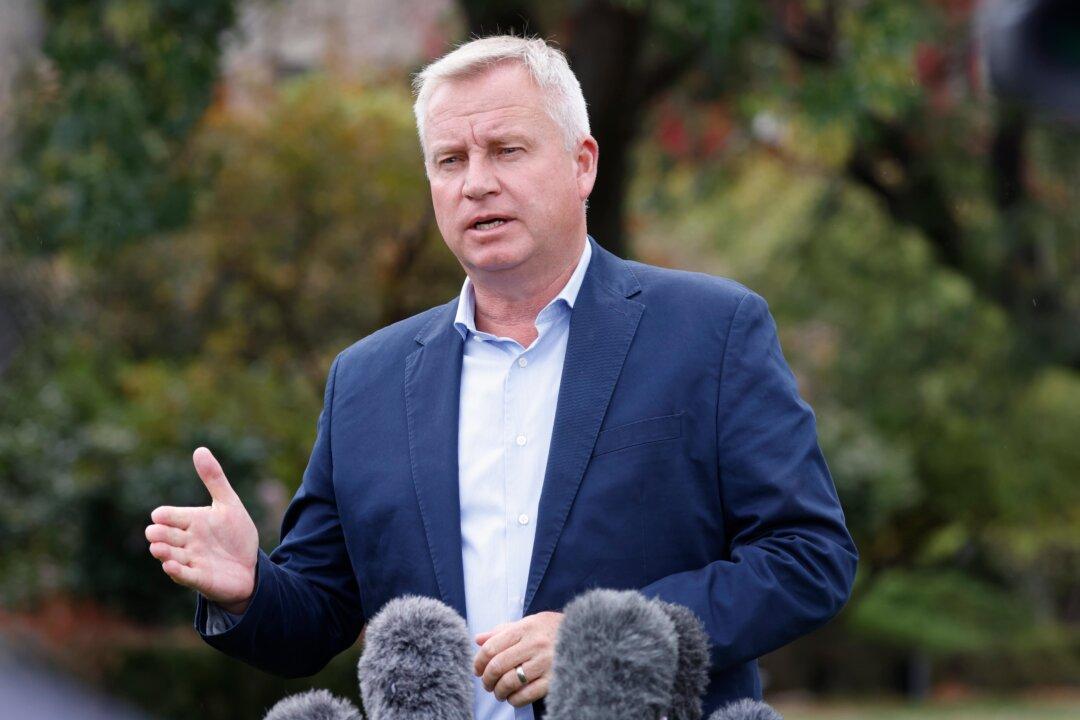Commentary
Australia’s island state, Tasmania, went to the polls on Saturday, March 23, and produced a hung parliament with the Liberals set to continue in government with the assistance of a varied crossbench.

Australia’s island state, Tasmania, went to the polls on Saturday, March 23, and produced a hung parliament with the Liberals set to continue in government with the assistance of a varied crossbench.